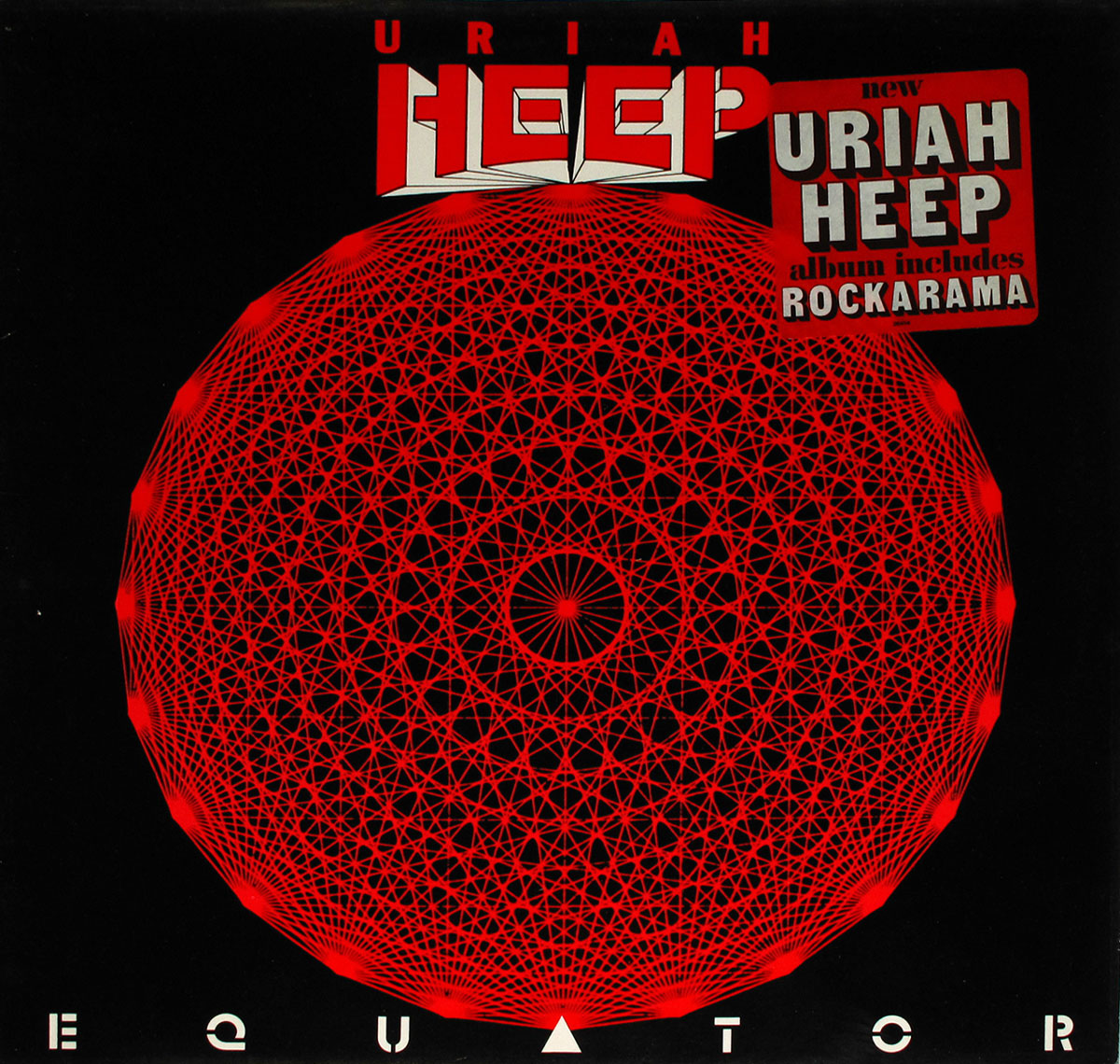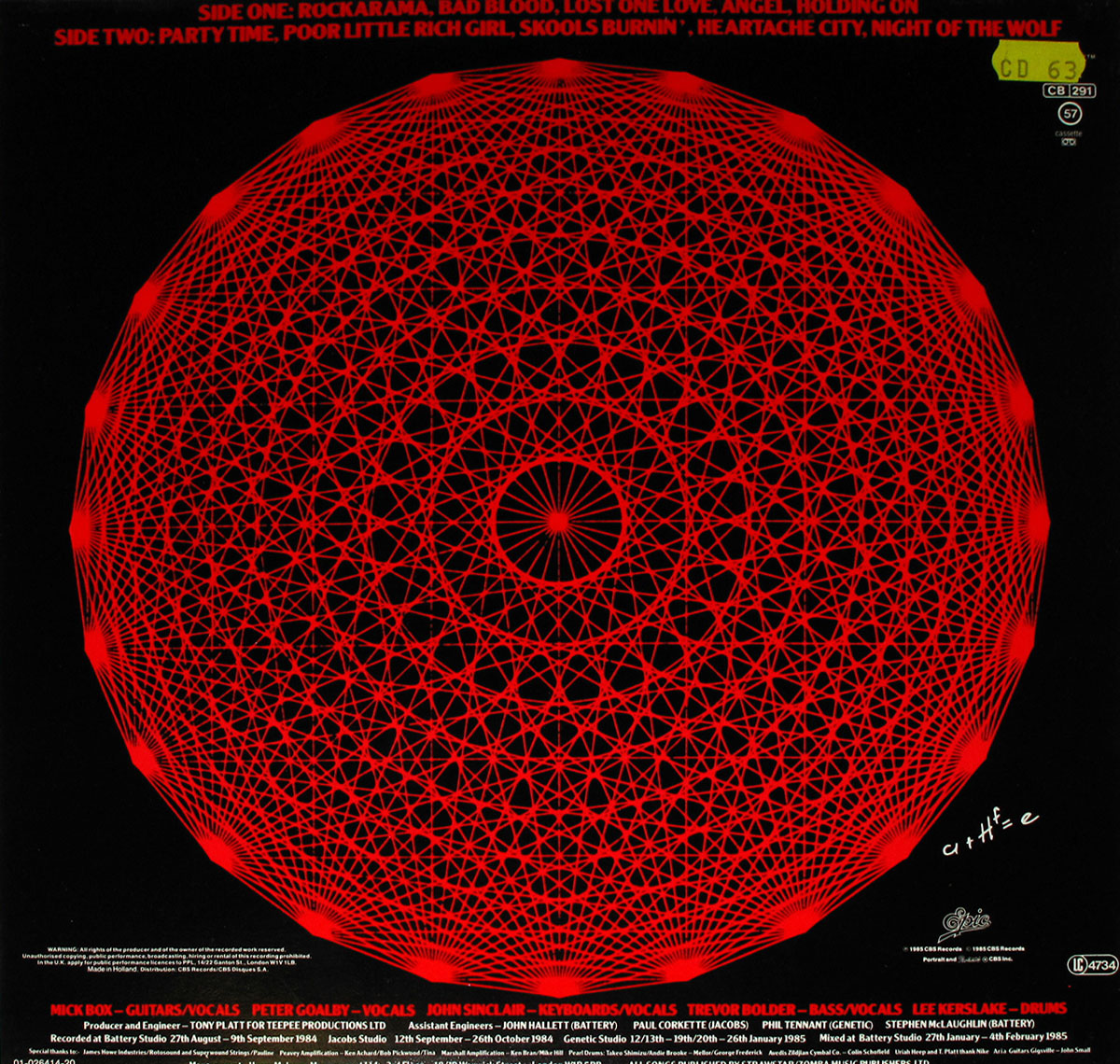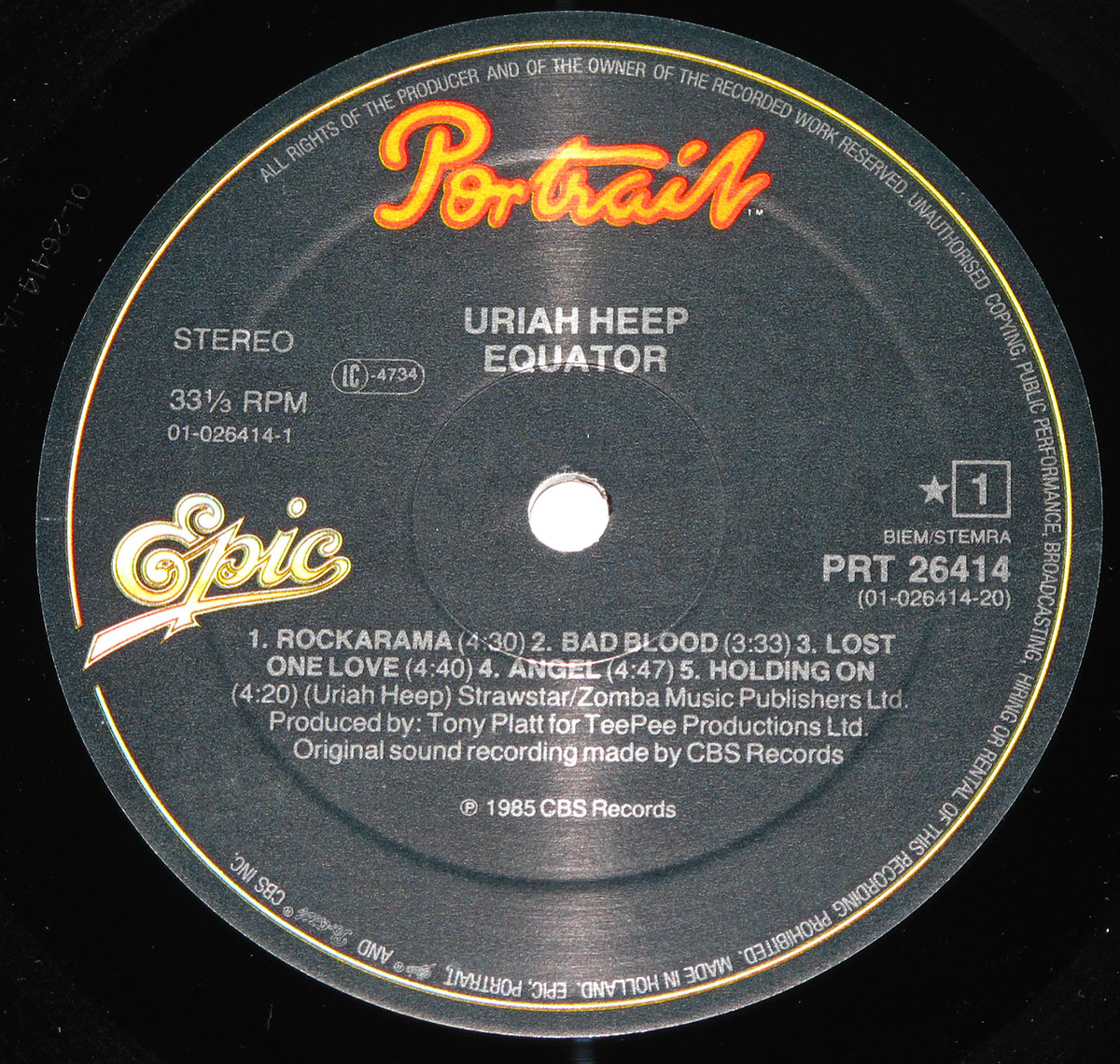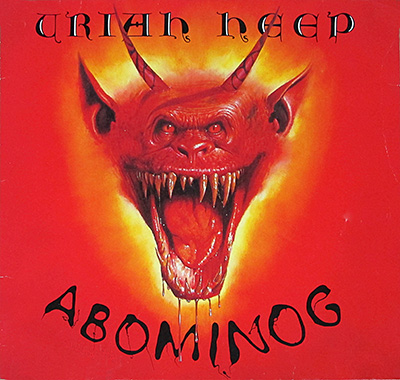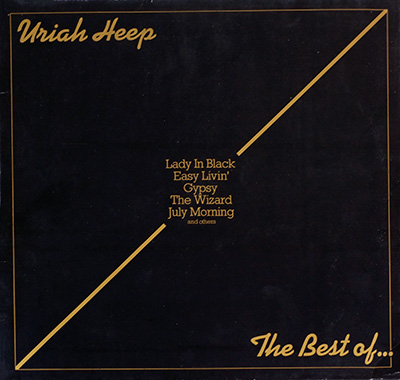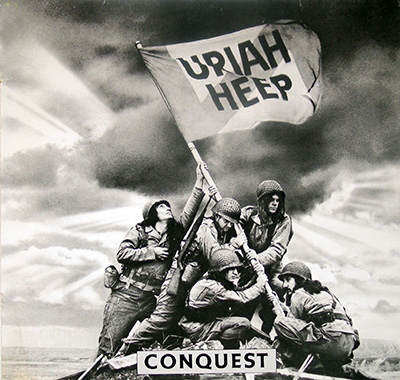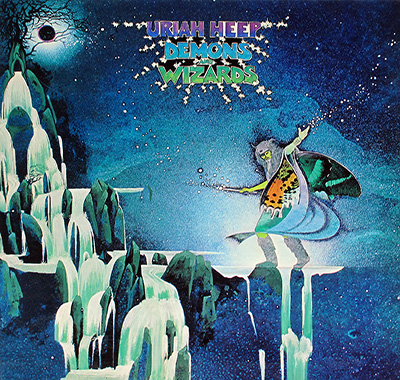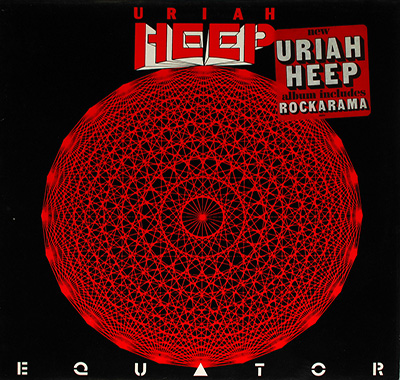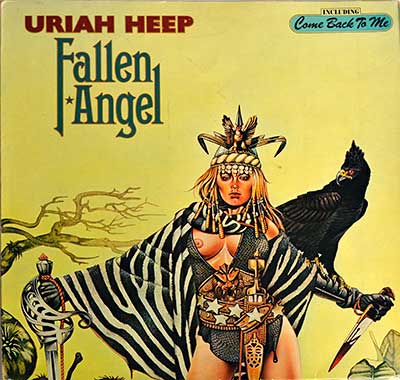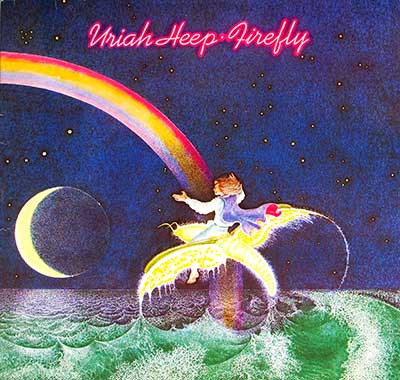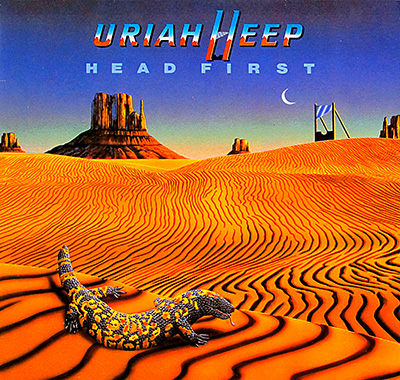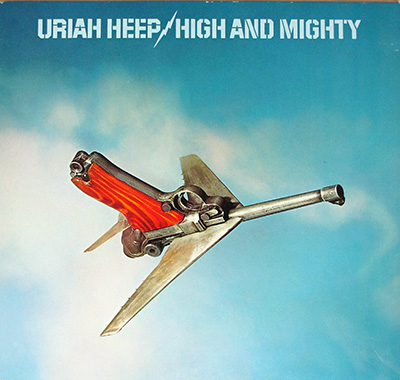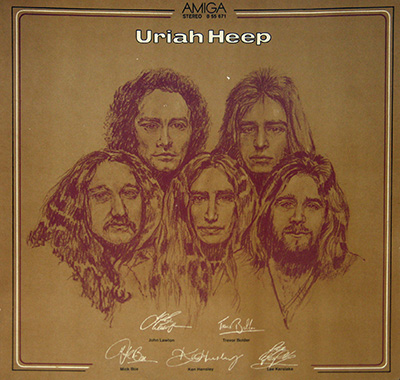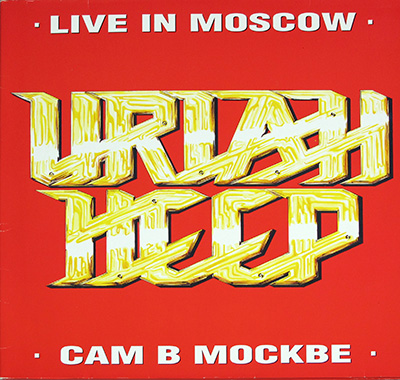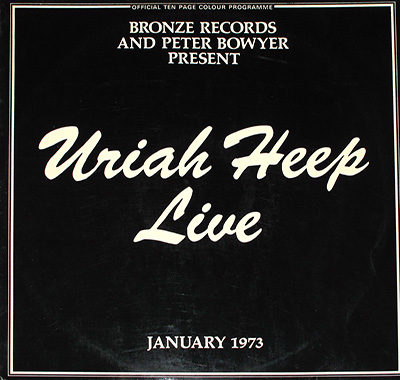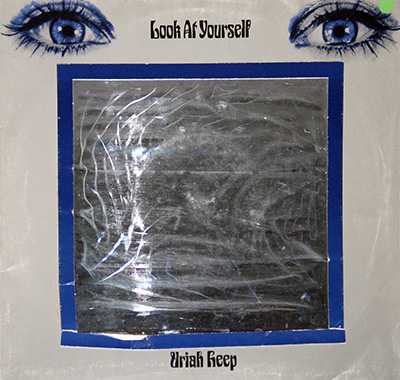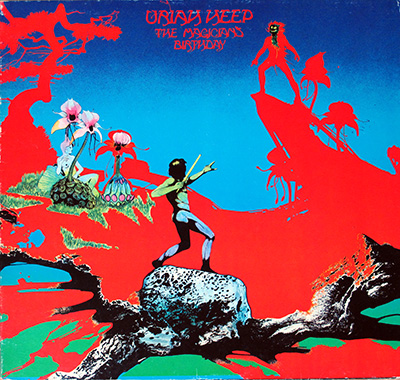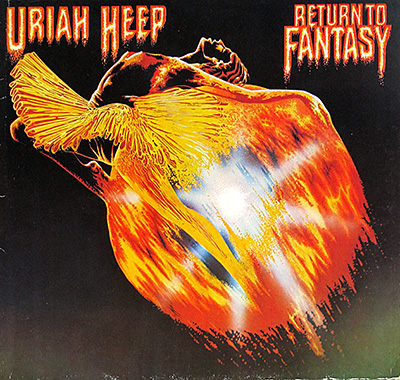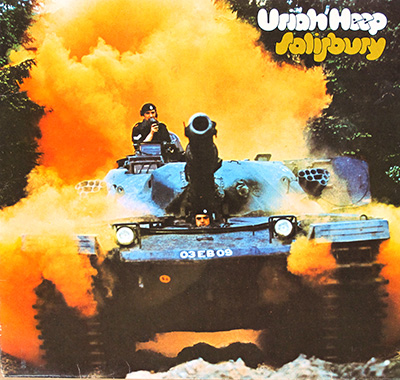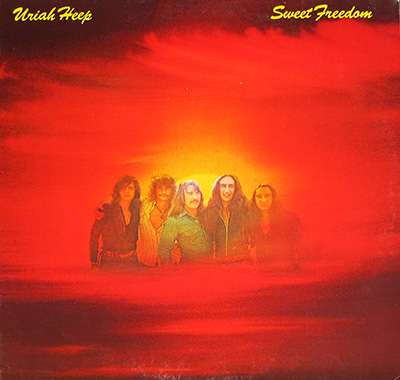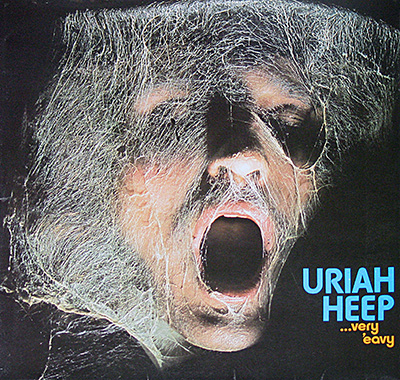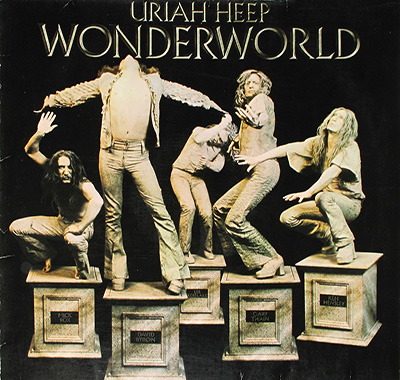"Equator Album Description:
In the pantheon of English rock, few bands have experienced as many twists and turns as Uriah Heep. By 1985, the band was navigating uncharted waters with their album "Equator." A product of transition and exploration, "Equator" captures Uriah Heep at a moment when they were both reflecting on their storied past and seeking new sonic territories.
Historical Context
The mid-1980s were a turbulent time for rock music. The rise of MTV and the subsequent emphasis on visually appealing music videos were reshaping the industry. Established rock acts were compelled to adapt to a rapidly changing musical landscape dominated by synths, flashy visuals, and an increasingly commercial sound. Uriah Heep, veterans of the hard rock and progressive rock scenes of the 1970s, found themselves at a crossroads. "Equator" was their attempt to stay relevant while maintaining their core identity.
Musical Exploration and Genre
"Equator" is a rich tapestry of musical styles, weaving together threads of hard rock, progressive rock, and arena rock. The album opens with "Rockarama," a high-energy track that embodies the era's arena rock vibe. With its catchy chorus and driving rhythm, "Rockarama" was a nod to the band's ability to craft anthems designed for large venues and mass appeal.
Tracks like "Lonely Nights" and "The Other Side of Midnight" showcase the band's continued penchant for progressive rock, featuring complex arrangements and introspective lyrics. However, there is a noticeable shift towards a more polished, radio-friendly sound throughout the album. This blend of the old and the new illustrates Uriah Heep's attempt to bridge their foundational rock elements with the burgeoning trends of the mid-80s music scene.
Production Team and Recording Studio
The production of "Equator" was helmed by Tony Platt, a name synonymous with high-quality rock production. Platt, known for his work with AC/DC and Bob Marley, brought his expertise to TeePee Productions Ltd. His influence is evident in the album's slick production values and meticulous attention to detail.
Recording took place at Battery Studios in London, a venue that had hosted a plethora of notable artists. The state-of-the-art facilities at Battery Studios allowed Uriah Heep to experiment with new sounds and recording techniques, contributing to the album's polished finish.
